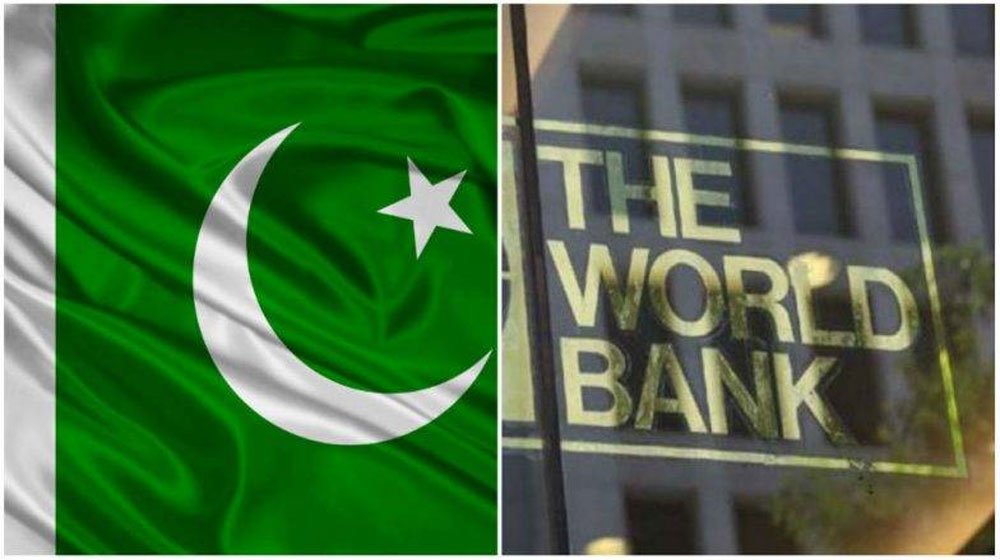The World Bank has expressed concerns about the potential rollback of crucial reforms, especially trade tariff reforms, following the general elections, due to vested interests.
The international lending agency, in its evaluation of the $350 million loan approved under the second Resilient Institutions for Sustainable Economy (Rise-II), stated, “Stakeholder risks are high due to strong and organized vested interests, potentially advocating to reverse critical reforms, particularly trade tariff reforms, increases to property taxation, and energy sector reforms.”

Emphasizing the urgency of fiscal and structural reforms for macroeconomic balance and sustainable growth, the loan was sanctioned on December 20. Pakistan is set to hold general elections on February 8, and in November, the country and the International Monetary Fund (IMF) reached a staff-level agreement on the first review under Pakistan’s Stand-By Arrangement.
The World Bank’s report also highlighted the possibility of political pressure influencing decisions to comply with the demands of the international lender. It stated, “Political and governance risks are high because of the upcoming elections, as associated political pressures may erode fiscal restraint or the commitment to the continued implementation of challenging reforms.”
The World Bank underscored the need for additional external support after completing the Stand-By Arrangement (SBA) and noted macroeconomic risks, emphasizing the importance of balanced growth and sustainability.
The IMF’s staff agreement had outlined macroeconomic sustainability and conditions for balanced growth as key priorities under the nine-month agreement.
Addressing the economic situation, the World Bank pointed out that sustainability risk was elevated due to the requirement for provincial-federal coordination and frequent turnover of senior government officials in critical positions.
Additionally, the lender stated that the next government would need to undertake “broader reforms” under the subsequent IMF program. Last month, interim Finance Minister Shamshad Akhtar mentioned the necessity for remaining in the loan program due to the fragile economy.
Looking ahead, the World Bank called for reforms in trade policies, elimination of agricultural subsidies, and rationalization of federal government expenditures in devolved areas.
The suggested reforms also encompassed expanding the tax base, energy reforms, reducing red tape, and minimizing losses of state-owned enterprises. The World Bank warned of limited private and external flows if these reforms were not implemented.
I am a dynamic professional, specializing in Peace and Conflict Studies, Conflict Management and Resolution, and International Relations. My expertise is particularly focused on South Asian Conflicts and the intricacies of the Indian Ocean and Asia Pacific Politics. With my skills as a Content Writer, I serve as a bridge between academia and the public, translating complex global issues into accessible narratives. My passion for fostering understanding and cooperation on the national and international stage drives me to make meaningful contributions to peace and global discourse.










